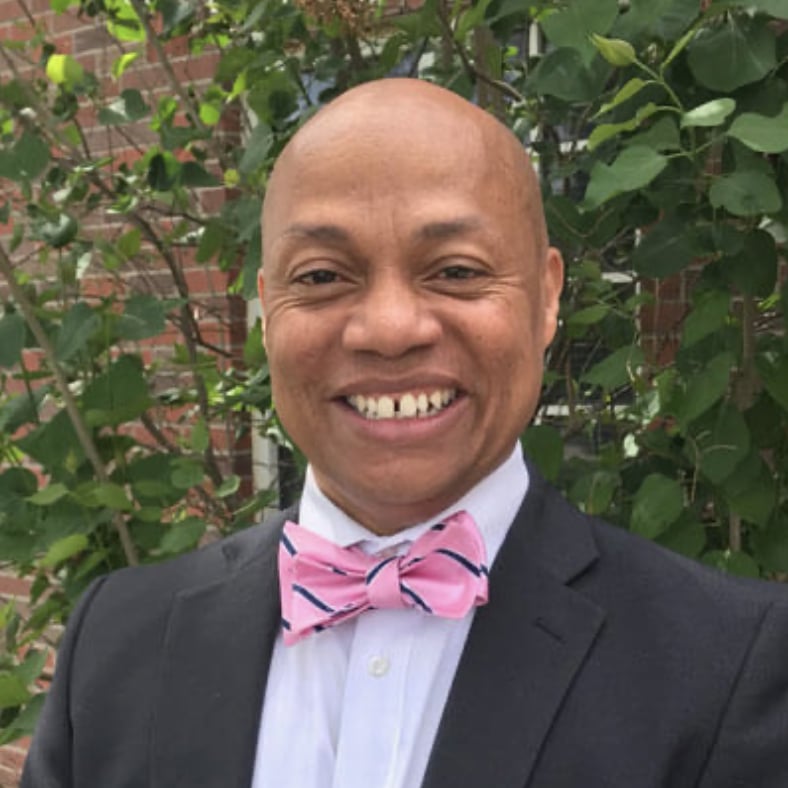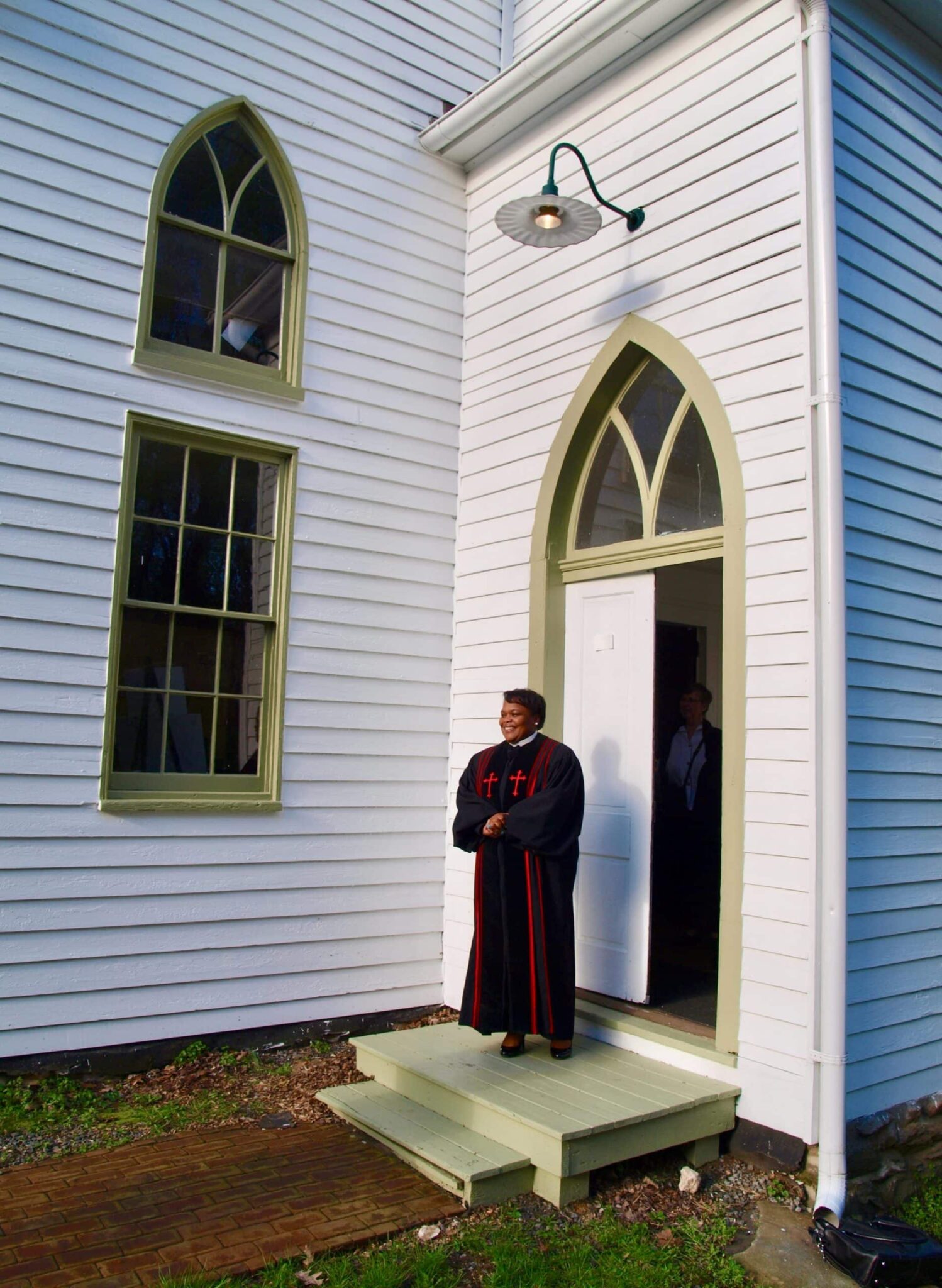In 1557, the famous poet and farmer Thomas Tusser wrote the familiar couplet in his book Five Hundred Points of Good Husbandry, “Swéete April showers, Doo spring Maie flowers.” [1] An essential task for success in farming was highlighting the importance of following God’s created order of the seasons for future generations of farmers. The saying, “April shower, do spring May flowers,” was a necessary reminder after months of cold winter and the cool temperatures of spring, there was something to look forward to in God’s order of the seasons. The summer warmth would bring with it the bloom of flowers and the harvesting season.
Scripture continually exposes us to God’s divine order. Genesis 8:22 reads, “While the earth remains, seedtime and harvest, cold and heat, summer and winter, day and night, shall not cease.” We witness the evidence of God’s order in creation from the beginning. The account in Genesis makes clear the teleological intention of God with each day of creation as significant.
On days one through five, God creates the heavens and the earth, ex nihilo (out of nothing), and separates light from the darkness. After creating land and sea, plants and trees, God makes the greater light (sun) to rule over the day and the lesser light (moon) to rule over the night. Next, God creates signs and seasons, days and years. And God saw that it was good.
By day six, God creates the crown jewel of created order when He makes mankind (male and female) in His image and likeness (Genesis 1:27). God creates man first and then a helper fit for the man, a woman (Genesis 2:18). Before the entrance of sin (Genesis 3:1–3), each image-bearer saw one another as equally valued before God. However, each had a distinct role to play in the order of God’s creation.
Women questioning “gender-roles” have a long history in the church. Examining scripture, we see the beginning of this deception in Genesis 3. There we find Eve’s deception, Adam’s sin, and the fall of the human race. Regarding gender-roles in scripture, God addresses Eve after the fall:
To the woman, he said,
“I will surely multiply your pain in childbearing;
in pain, you shall bring forth children.
Your desire shall be contrary to your husband,
but he shall rule over you” (Genesis 3:16).
Here in this one verse, we see the conflict women and men are headed toward because of sin.
In writing to Timothy about the order of the church, Paul says, “I do not permit a woman to teach or to exercise authority over a man; rather, she is to remain quiet. For Adam was formed first, then Eve; and Adam was not deceived, but the woman was deceived and became a transgressor.”
In this new reformation, Sola Scriptura (Scripture alone) has been replaced by Sacra, si Vulgaris (Scripture, if popular)
In this straightforward instruction, Paul is appealing to God’s divine order of creation. He explains the purpose of this instruction is evidenced in Eve’s deception in the garden. She was deceived first.
This instruction for male leadership in the church is not biased misogyny or the devaluing of women as image-bearers of God. In his book, What He Must Be…If He Wants To Marry my Daughter, Voddie Baucham explains that men are to function as “protectors, providers, prophets, and priests.” Nothing is more indicative of this truth than when sin happened in the garden, God first looked for Adam (Genesis 3:9). God further explained to Adam, “Because you have listened to the voice of your wife and have eaten of the tree of which I commanded you, ‘You shall not eat of it,’ cursed is the ground because of you; in pain, you shall eat of it all the days of your life; thorns and thistles it shall bring forth for you, and you shall eat the plants of the field…” (Genesis 3:17)
Adam abdicated the role he was given as protector of his wife in the garden. Paul’s instruction to Timothy was to ensure that Timothy paid close attention to the teleological function men were to demonstrate in the leading and protecting of the church as the bride of Christ.
As Christians, submitted to God’s divine order, we must consider all that we do in light of how God has established us to function. Unfortunately, some have determined they have a far better design for the church than God originally intended. Christian feminists have encouraged weaker men, and masculine women are replacing male leadership.
Far too many believe scripture to be an outdated relic that could use innovative improvement. Cultural relevance is more important than Christ’s revelation.
On Thursday, May 6, Rick Warren’s Saddleback Church in Lake Forest, California, celebrated their improvement on God’s design for the church, ordained three female pastors. The Saddleback Church Facebook page posted the following,
“Yesterday was a historic night for Saddleback Church in many ways! We ordained our first three women pastors, Liz Puffer, Cynthia Petty, and Katie Edwards! We commissioned three new elders, Anthony Miller, Jeremiah Goley, and Jason Williams! And we appointed Pastor Johnny Baker as the new global leader of Celebrate Recovery! We’re so grateful to share this moment with you. Our best days are ahead of us!”
The popularity of the ordination of women pastors is not unique to Saddleback Church. In September 1853, history would witness Antionette Brown’s ordination, the first woman ordained as a pastor in the United States by the Congregational church in South Butler, New York. It wouldn’t be until 1964 that the Southern Baptist Convention (SBC) would witness the ordination of Addie Davis, the first woman ordained as a pastor in the SBC.
In recent years, there has been a dramatic shift in attitude regarding women pastors. While women represented 2.3% of clergy in the 1960s, by 2017, the total percentage of women as clergy has reached 20.6%. Barna Research suggests that 84% of women and 75% of men are comfortable with women pastors. Furthermore, 80% of Catholics and 71% of Protestants affirmed their comfort with female pastors.[2] Following the announced departure of long-time Southern Baptist teacher Beth Moore, some women are beginning to question what they call the denomination’s “gender-role doctrine.”[3]
I’m keenly familiar with all the egalitarian arguments for women pastors in the church. The questions that we must ask in light of numerous straightforward passages of scripture on this issue are, “Do you know better than God how to order the seasons? Should the month of May come before April? Does Christ know best how to order His church?”
All of this harkens back to the echoes of the serpent’s question to Eve in the garden, “Did God really say….” At the heart of the women pastor’s debate is the abandonment of ecclesiastical revelation. In this new reformation, Sola Scriptura (Scripture alone) has been replaced by Sacra, si Vulgaris (Scripture, if popular). Far too many believe scripture to be an outdated relic that could use innovative improvement. Cultural relevance is more important than Christ’s revelation. Instead, many men embrace the moving target of the culture rather than endure the arrows of persecution promised in scripture.
Scripture is sufficient on every matter, including this one. As it pertains to male eldership and pastoral leadership in the church, scripture is clear. Christ knows best how to order the seasons, and of course, He knows best how to order His Church.
[1] Tusser, Thomas (1573, 1577, 1580). Payne, W.; Herrtage, Sidney J., eds. Five Hundred Pointes of Good Husbandrie (1878 ed.). London: Trǔbner & Co. for the English Dialect Society p. 103
[2] https://www.barna.com/research/americans-think-women-power/
[3] https://www.al.com/news/2021/03/growing-number-of-southern-baptist-women-question-roles.html





